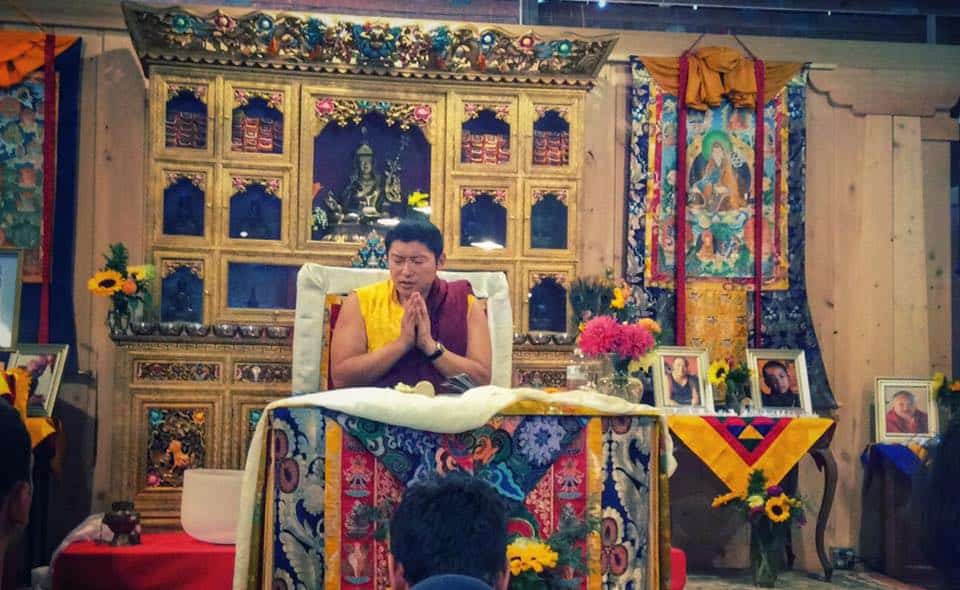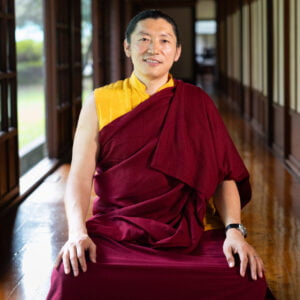Unselfish Meditation: Correct Motivation
When we practice meditation, we should aim for unselfish meditation. That means we need to learn how to set our motivation. In this audio teaching from a teaching in Malaysia, Phakchok Rinpoche discusses how to generate proper motivation.
Unselfish meditation starts when we recognize that all sentient beings have the five poisons. It doesn’t make any difference if we are rich or poor, happy or sad: we all have this cause of suffering. So, before we start our meditation, we should think, “I wish that all sentient beings are free from suffering.” What is that suffering? “I wish all sentient beings to be free from the cause of suffering.” And what is the cause of suffering? The five poisons.
Review of the Five Poisons or Negative Emotions
- Attachment
- Anger
- Pride
- Jealousy
- Ignorance
As we reflect, we see that the five poisons create our own suffering, and that applies to all beings. So, we then wish that all sentient beings be completely free from that suffering and its causes. And moreover, we wish that they all become realized — awakened — as buddhas. We use the word enlightenment to mean perfection. This is what we wish for all beings without exception.
Unselfish Meditation: Why We Practice
As we attend Dharma talks or retreats to learn to meditate, we remember that unselfish meditation is our practice for all beings. And as we sit down to meditate, we generate this thought every time. We really need to cherish this motivation and do it sincerely. Rinpoche reminds us to say these things aloud, and we need to train every day in this practice. When we are beginners, of course, we don’t always have this feeling naturally. But that is why we train in this practice. And we train by repeating these statements, “May all beings be free of suffering and the causes of suffering.” That may sound like just mouthing words, but if we do this repeatedly, the words begin to penetrate our hearts and minds. Then it becomes more natural. We can thus generate this open-hearted, unselfish wish quite easily.
When we reflect on the suffering of other beings and practice for them, then our meditation becomes truly unselfish.
Reflection Questions
Are you taking the time to set your motivation before every practice session? Sometimes we may feel rushed and do this in a half-hearted way. Instead, commit in the next several sessions to spend a few extra minutes on recalling your motivation. After you’ve extended this practice, what do you notice about your meditation? Do you approach the rest of your daily activities differently? What impact do you see in your life?











Responses
thank you for the great reminder! every time when I sit in meditation I recite the 4 immeasurables In my own language. Thank you Rinpoche and I hope to see you soon in my country.